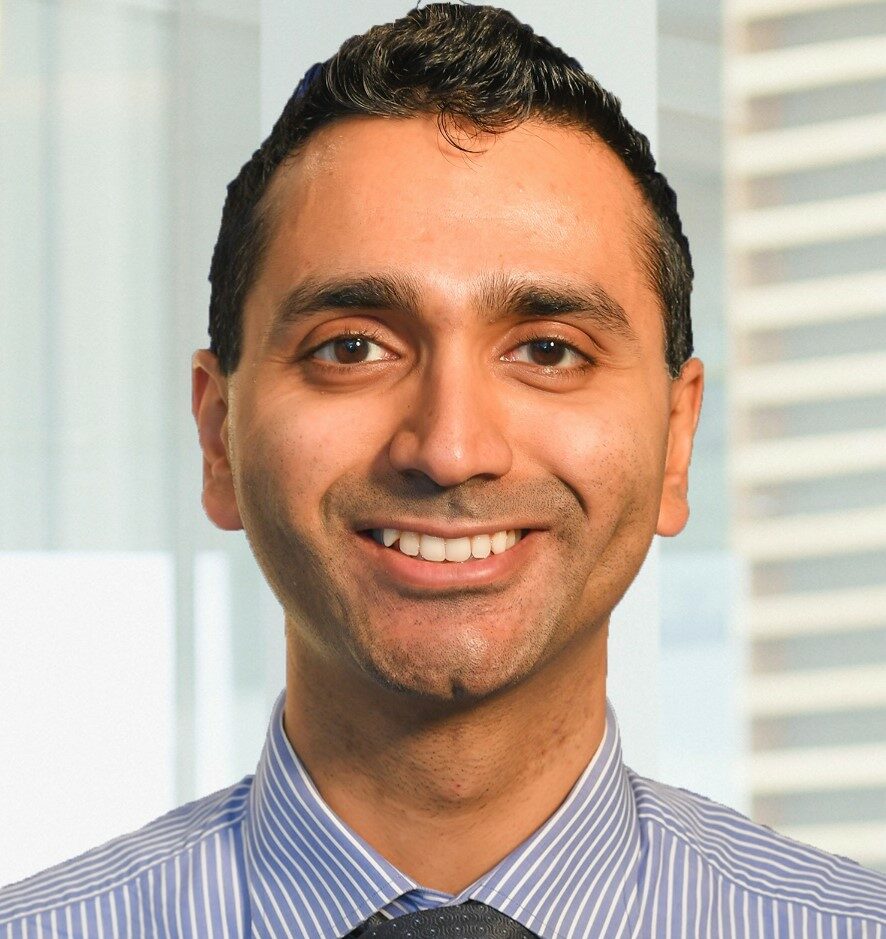
Once relegated to the fringes of the financial world, digital assets are now a part of everyday conversation. Cryptocurrencies, NFTs, and the entire blockchain ecosystem are no longer restricted to the sphere of emerging technology and frontier investors.
Tokenisation of real-world assets
The tokenisation of real-world assets has received a significant amount of attention as the market continues to mature. Tokenisation is the process where an asset’s interest is valued and divided into digital units where ownership is recorded on a blockchain. This asset could be a building, a bond, or even an investment fund. This process provides transparency and tamper-proof record-keeping, attracting the attention of large financial institutions. This includes the likes of BlackRock, JP Morgan, Citibank, Goldman Sachs, KKR, and Hamilton Lane, all of whom have already begun to offer some form of tokenised products to their clients or have begun to integrate the use of tokenised products into their service offerings.
What are the benefits of tokenized real-world assets? Enhanced liquidity, accessibility, transparency, and streamlining costs are just a few that deserve mention.
- Traditionally, illiquid assets (e.g., real estate, investment fund interests) become more accessible through fractional ownership, allowing a greater number of individuals to access investment opportunities. Sponsors can also choose to lower the investment threshold. As an example, Hamilton Lane reduced the investment minimum to US$10,000 from US$2 million on their tokenised private credit fund offering. This lower threshold ultimately democratises access to investment products and increases accessibility.
- The blockchain technology, on which the tokenized products are offered, provides an immutable and transparent record of ownership and transaction history, enhancing trust and security.
- Tokenised products have smart contracts built into them, which can automate several of the functions associated with these products, including redemptions, recording of ownership transfers and distributions, which significantly reduces costs and streamlines operations such as reducing settlement periods.
As tokenised funds continue to gain popularity, they will unlock a new era of democratised and transparent investing.
Bitcoin exchange traded funds (ETFs)
While there have been ETFs which hold the “physical” Bitcoin (or “spot” Bitcoin) and other digital asset Exchange Traded Products (“ETPs”) in Canada and Europe for a number of years, there was no ETP in the United States which allowed investors to access spot Bitcoin. This changed on January 10, 2024, as the SEC, after ten years of rejecting Bitcoin ETF approvals, approved 11 applications for spot Bitcoin ETFs.
The approval of a Bitcoin ETF in the United States changes the game. This introduction allows institutions such as pension plans, endowments, and other institutional investors, to gain exposure to Bitcoin. This is achieved without the technical complexities of a self-custody wallet or dealing with less familiar counterparties. Instead, this is done through a product and mechanism which is well-known for offering benefits including:
- The standard investor protection offered to investors in ETFs.
- The ability to engage more actively in arbitrage strategies and options hedging.
- Increased liquidity of the ETF.
However, there are certain disadvantages with owning the Bitcoin ETF. Most notably, the investor does not own the actual Bitcoin itself, and is instead relying on the sponsor to carry out the strategy and mitigate the risks of directly owning the Bitcoin. Additionally, there are fees associated with the Bitcoin ETF which are not present when you hold the asset directly.
The approval of Bitcoin ETFs in the United States represents a significant milestone, bridging the gap between traditional finance and the digital frontier.
Institutional grade products and services
Digital assets did not evolve from Wall Street institutions as traditional assets did in the past. As a result, the infrastructure that institutions were accustomed to (e.g. custody, derivatives and risk management tools) was not in place until recent years.
From a custody perspective, Coinbase has been offering custody as a service since 2012 and is seen as one of the leading institutional custody offerings in the market. There have been other large, “traditional” financial market institutions who have also begun offering digital asset custody solutions, such as Fidelity Digital Assets in 2019, BNY Mellon in 2022, State Street Custody in 2023 and Deutsche Bank in 2023.
In 2017, CME introduced the Bitcoin futures contact, and since then has launched additional derivative products over Bitcoin and Ether. These products have allowed institutions to hedge their positions or gain exposure to the underlying asset. Additionally, CBOE in January 2024 launched spot and leveraged derivatives trading for Bitcoin and Ether futures. Further, there are other native digital asset exchanges which offer opportunities for institutions to enter into derivatives.
Finally, staking [a way of earning rewards for holding certain cryptocurrencies] represents a significant market opportunity for institutions to capture yield, and a return on their investments which may be held passively, such as fixed term deposits. There are several well-known market participants who are offering staking as a service, including custodians (e.g. Coinbase) and specific staking service providers.
The future of institutional crypto
The institutional digital asset infrastructure ecosystem is rapidly maturing, presenting exciting possibilities for market participants to invest in a similar manner to how they have been investing in the traditional investment market.
However, there remain several challenges facing institutional participants, including identifying experienced and knowledgeable service providers. There have been numerous instances where an initial service provider did not have the requisite knowledge of digital assets, resulting in increased efforts, and costs to rectify the issues.
The views and opinions expressed herein are those of the respondents/authors and do not necessarily represent the views and opinions of KPMG LLP, Cayman Islands.

Gautam Ganeshan is a Partner in the Asset Management Group for KPMG in the Cayman Islands.


